How Do I Choose The Right Dog Behavior Professional For Me & My Dog(s)?
Good question. Choosing a dog behavior professional can feel like you’re choosing a therapist or a doctor. It can feel very personal because you want to find someone who understands your dog, you and your challenges & goals. Dog trainers and behaviorists are individuals with their personal training or rehabilitation philosophies, as well as their own personal strengths & training styles. Do your research online, talk to friends & neighbors, talk to your vet, and take the time to call trainers and discuss your dog and your goals.
Before You Call A Trainer, Be Ready Discuss . . .
-
- Who is your dog? Who are the humans in the home?
- What training, if any, does your dog already have?
- Do you have concerns about current negative behaviors?
- Do you have clear obedience goals? What are those?
- What do you want your life with your dog to look like? Active? Dog going places with you? Traveling with your dog? A lot of socialization with humans or dogs? Farm life? Boating life? And so forth . . .
- Do you plan to play a big role in your dog’s training and training maintenance, or do you prefer to outsource that role to a professional?
Training vs. Rehabilitation
-
- When a dog requires rehabilitation, it is usually related to issues such as anxiety, insecurity, aggression, trauma, over-excitement and other related issues. These conditions can be displayed through aggressive posture, fight/flight reaction to humans, biting/threat of biting, complete shut down, and a host of anti-social behavior.
- When we rehabilitate dogs, the approach is dependent on the individual dog and her family and life circumstances. While obedience training (training specific commands) may be a part of the rehab strategy, it is does not play a central role for us. Rehab for us is focused on finding the approach(es) that best resonate with the dog and help to calm the brain, build trust and provide the dog with the type of leadership and clarity that will alleviate the mental/emotional pressure on the dog.
- Mo will discuss potential rehabilitation strategies with you after meeting you and your dog for an initial session.
